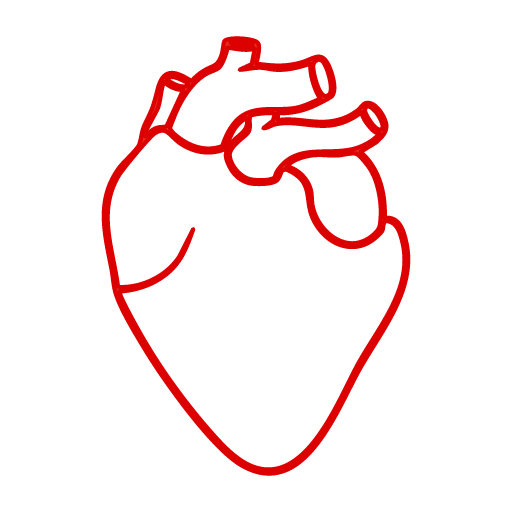11 early warning signs of heart disease you shouldn’t ignore after 50
Despite pandemics, world conflict and natural or man-made disasters, cardiovascular disease remains our number one killer. Although our genes load the gun, the environment pulls the trigger. In the modern world we are living too much against our physiology. Evolution wise, we were designed to wander around a jungle with a spear looking for food. If the food wasn’t available, you went hungry & you had to move all day to obtain the food.
Bring in the modern world where food is freely available without the hardship and we sit on our bums all day, it is no shock that the excess nutrients progressively spill into the walls of our arteries eventually leading to ruptured plaques and subsequent heart attack or stroke.
After 50, several warning signs of heart disease may emerge, often subtle but crucial to recognise. These include chest pain, stomach pain or indigestion, pain in the arms, jaw, neck, or back, sudden sweating, tightness in the throat, nausea or vomiting, swollen ankles or feet, leg pain, unusual fatigue, irregular heartbeats, and shortness of breath.
Here’s a more detailed look at these early warning signs:
1. Chest Pain:
A heavy, tight, or squeezing feeling in the chest, especially if it radiates to the arm, jaw, or neck, could be a heart attack or angina. This is the typical “Hollywood heart attack” which doesn’t occur in every case. It’s important to realise that your symptoms are unique & symptoms always need to be assessed.
2. Stomach Pain or Indigestion:
A burning feeling in the chest or upper stomach, resembling indigestion, may sometimes indicate a heart problem. Equally, it may be indigestion, but that is the decision from your doctor, not your reading of Dr Google.
3. Pain in the Arm, Jaw, Neck, or Back:
Heart-related discomfort can spread beyond the chest, including the left arm, jaw, neck, or back. Having practised medicine for over 45 years, I’ve seen cardiovascular disease present in a number of ways, so the message is don’t ignore any new symptoms, discomfort or niggles.
4. Shortness of Breath:
Difficulty breathing or shortness of breath, especially if it’s persistent or worsening, could be a sign of heart disease or heart failure.
5. Sudden Sweating:
Breaking out in a cold sweat, especially with chest pain or nausea, could be a sign of a heart attack. Unusual sweating may just be a stuffy room or hot weather, possibly even a thyroid issue, but again, that’s not your place to make the diagnosis.
6.Tightness in the Throat:
Some individuals experience a squeezing or choking sensation in the throat or neck, which might be related to the heart.
7. Nausea or Vomiting:
Feeling nauseated or vomiting, especially if accompanied by chest pain or discomfort, should be taken seriously. Ring the emergency service & get to the hospital immediately.
8. Swollen Ankles or Feet:
Swelling in the lower legs could indicate heart failure, where the heart isn’t pumping effectively, causing fluid buildup. This is typically more a sign of chronic heart failure but there are many other causes that need to be assessed by your GP or cardiologist.
9. Leg Pain When Walking:
Pain or cramping in the legs while walking, especially if you smoke or have diabetes, could signal circulation issues.
10. Unusual Fatigue:
We all get tired at times but feeling excessively tired, especially when performing daily tasks, could indicate the heart isn’t delivering enough blood to the body or you may have even ruptured a plaque in your arteries.
11. Irregular Heartbeat or Palpitations:
Feeling your heart race, flutter, or skip beats, especially if it happens frequently or intensely, could be a sign of an arrhythmia.
Remember, symptoms are your ticket into the system. Ignore any of the above at your peril. If you experience any of these symptoms, especially if they are severe or persistent, it’s crucial to seek immediate medical attention.
If your symptoms are less acute, it is still important to discuss this with your GP or cardiologist. There is no doubt that early diagnosis and treatment can significantly improve outcomes for heart conditions.
